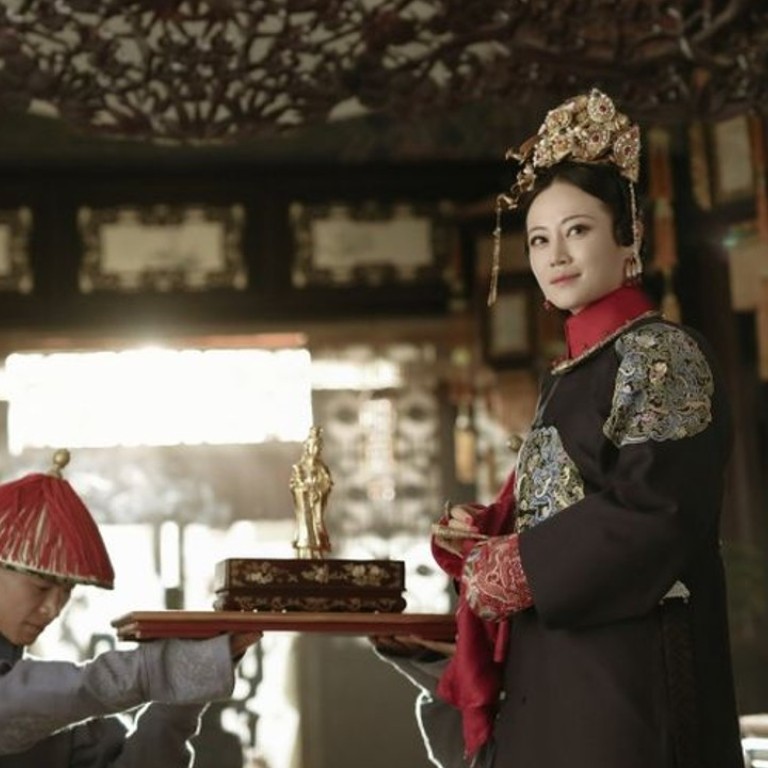
Alibaba to focus on ‘positive’ content as it seeks share of China’s hot digital entertainment market
Alibaba Group Holding will focus on creating productions that are “positive” as it seeks to compete with rivals for a share of China’s hotly-contested digital entertainment market.
The company will focus on selecting titles that advocate a “good world view and entertainment value”, according to Alibaba Literature chief executive Li Zhiqian in an interview with mainland Chinese media outlet Beijing News. Li also serves as chief financial officer of Alibaba’s digital entertainment business unit.
Alibaba Literature is the New York-listed e-commerce giant’s e-publishing platform, where popular books may be adapted as movies or television series for its streaming video service Youku Toudu.
The Beijing News previously reported that Alibaba did not have any palace-themed dramas in its programme pipeline, in contrast to Baidu’s iQiyi, which was behind the summer blockbuster hit The Story of Yanxi Palace, which drew upwards of 13 billion views, as well as Tencent Holdings’ Ruyi’s Royal Love in the Palace.
Alibaba did not comment on the report.
The television shows from iQiyi and Tencent have captivated audiences not just in mainland China but around the globe, gaining fans in countries like Singapore and Malaysia. Both TV series revolve around the back-stabbing concubines who plot and scheme to climb the ranks and gain favour from the emperor.
Based on big data analysis of past viewership patterns, iQiyi executives determined that a theme revolving around palace politics would do well with viewers. Meanwhile, Tencent’s Ruyi’s Royal Love in the Palace is set in the same time period as Yanxi, in the court of Emperor Qianlong, and is also proving a hit with viewers.
Alibaba has dabbled with producing its own TV shows and movies via its movie and TV production arm Alibaba Pictures, and has bought the intellectual property rights of several popular novels and invested in several productions, such as Ghost Blows Out the Light, a fantasy treasure-seeking series. It also developed a Chinese martial arts genre television series called Swords of Legends 2, based on a popular role-playing game in China.
Chinese internet companies like Alibaba, Baidu and Tencent have been investing heavily in digital content and entertainment, producing their own TV series and films as well as operating subscription-based video-streaming and even comics platforms as they race to carve out market share in China’s rapidly-growing consumer digital entertainment market.
The three companies have also invested in e-publishing platforms, where writers can publish their work on the platform and users have access to millions of online literary works. Such platforms give companies the advantage of identifying popular titles and buying the intellectual property rights from authors, allowing them to turn the titles into games, movies and TV series for their other platforms.
Alibaba is the parent company of the South China Morning Post.

